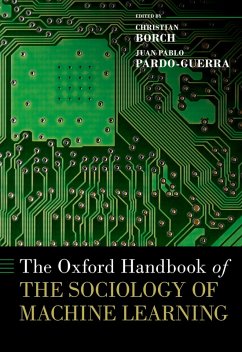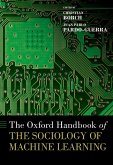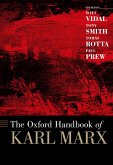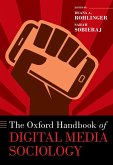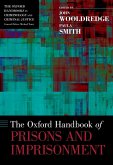Machine learning, renowned for its ability to detect patterns in large datasets, has seen a significant increase in applications and complexity since the early 2000s.
The Oxford Handbook of the Sociology of Machine Learning offers a state-of-the-art and forward-looking overview of the intersection between machine learning and sociology, exploring what sociology can gain from machine learning and how it can shed new light on the societal implications of this technology. Through its 39 chapters, an international group of sociologists address three key questions. First, what can sociologists yield from using machine learning as a methodological tool? This question is examined across various data types, including text, images, and sound, with insights into how machine learning and ethnography can be combined. Second, how is machine learning being used throughout society, and what are its consequences? The
Handbook explores this question by examining the assumptions and infrastructures behind machine learning applications, as well as the biases they might perpetuate. Themes include art, cities, expertise, financial markets, gender, race, intersectionality, law enforcement, medicine, and the environment, covering contexts across the Global South and Global North. Third, what does machine learning mean for sociological theory and theorizing? Chapters examine this question through discussions on agency, culture, human-machine interaction, influence, meaning, power dynamics, prediction, and postcolonial perspectives.
The Oxford Handbook of the Sociology of Machine Learning is an essential resource for academics and students interested in artificial intelligence, computational social science, and the role and implications of machine learning in society.
Dieser Download kann aus rechtlichen Gründen nur mit Rechnungsadresse in A, B, BG, CY, CZ, D, DK, EW, E, FIN, F, GR, HR, H, IRL, I, LT, L, LR, M, NL, PL, P, R, S, SLO, SK ausgeliefert werden.

